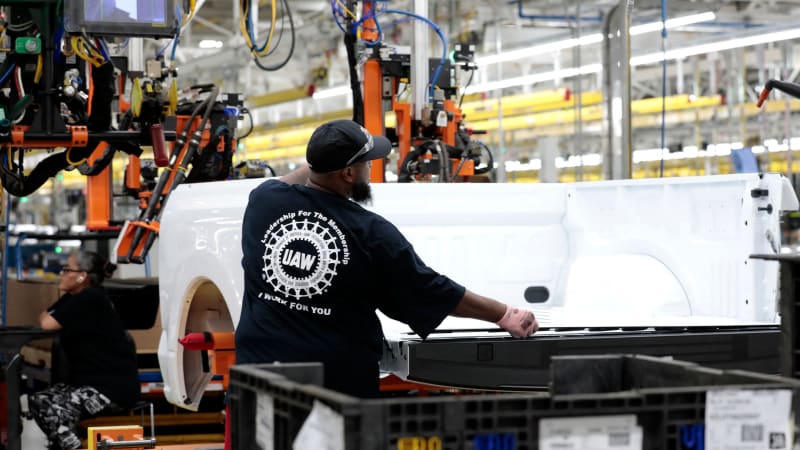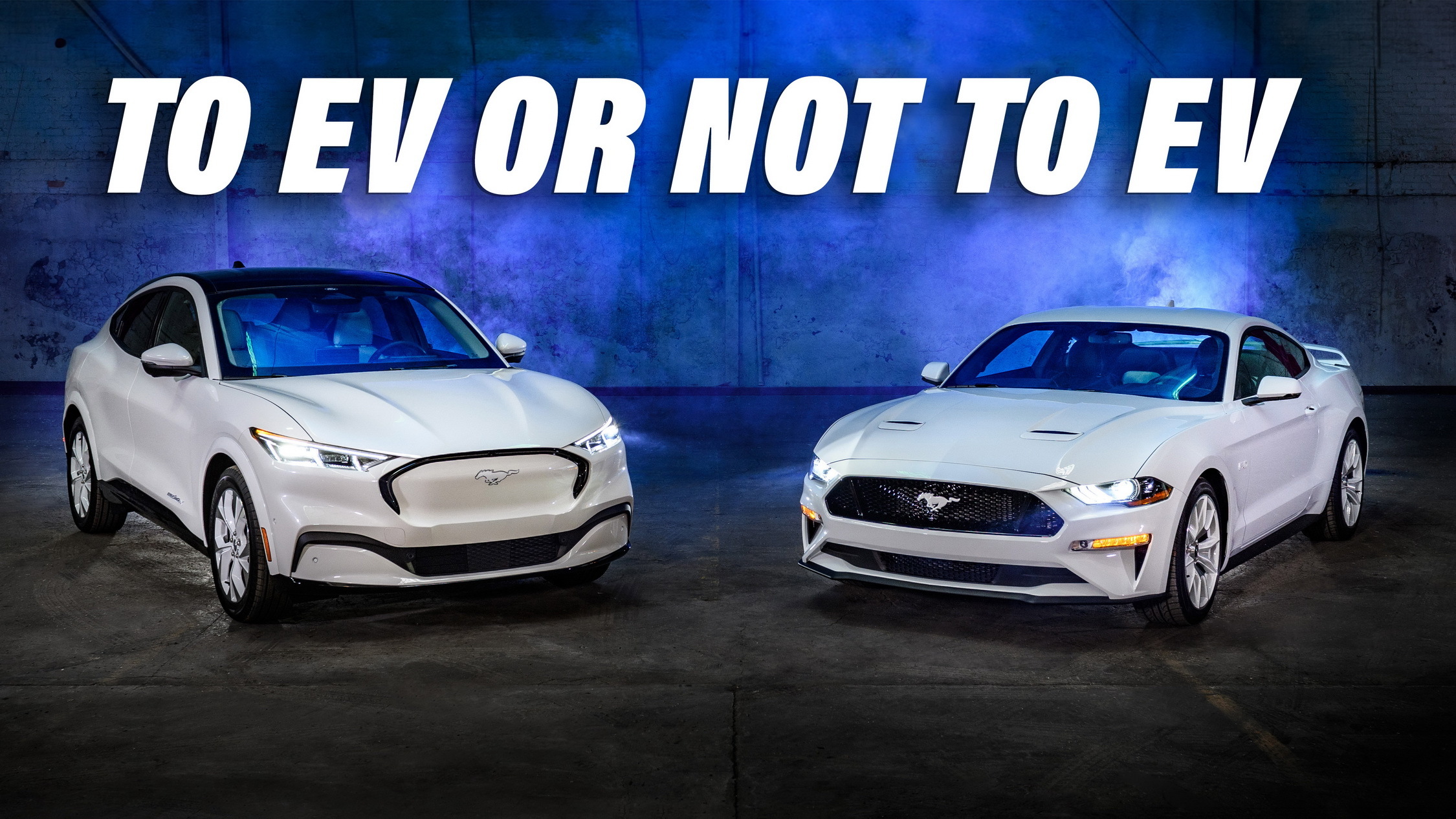I don't remember everything I've written before but the US isn't Norway (see
Prediction, in Which Year Will New Electric Vehicle Sales Exceed 50% in the United States "Poll") and those who've predicted years on the earlier side (e.g. 2030 or earlier) have one or more of the following assumptions that are wrong/problematic:
- too high an estimate of the % of Americans who will actually buy new EVs (vote w/their wallet, not just survey responses). Right now, most of those buying/leasing EVs actually want them or want them enough to try them for a few years.
- too high an estimate of people who can charge at home or work
- too high an estimate of people will be willing to go through the trouble of installing EV charging at home
- % of people who are willing to put up with additional travel times on road trips
- that there isn't a supply constraint
- too high an estimate of Americans who will be willing to pay a price premium for an EV despite their downsides
- that enough Americans actually care about the environmental benefits, putting less $ into the hands of big oil or unfriendly countries to switch to BEVs
- misperception of the size of the US new auto market and the % of EV sales
- underestimate of headwinds from FUD coming from parties that stand to lose from BEVs taking off
- underestimate of public perception as we start seeing more house fires from EVs at home (e.g. defective EV or home electrical problems (e.g. shoddy electrical work, overheated wiring, dangerous panels (e.g. Zinsco or Federal Pacific), melted outlets, dangerous/defective EVSEs)). You can bet there can be someone in a family unit who might put their foot down and say absolutely not.
- underestimate of headwinds as we hear more about EV fires on public roads and parking lots & structures (e.g. how many thousands of gallons it took, reignition, batteries going off like firecrackers, etc.)
- overestimate of % of Americans who think like them. I bet most (90+%) of those answering 2030 or earlier own/lease at least one BEV already and at least 80% of them will likely lease/buy another BEV.
EVs can end up creating constraints for those who live in apartments. If you can't charge at work, then if you need to move, you need to find another place w/charging or decent/reasonably priced nearby public charging. What about rental houses? Need to rent a house and it doesn't already have a working J1772 EVSE or Tesla WC? Then what? It could be problematic and expensive to add EV charging, esp. if it's got only 100 amp or less service or has a Federal Pacific or Zinsco panel.
If you had charging at work and you quit/lose your job, well, there's no guarantee that next job will have free/reasonably priced and reliable (not broken, sufficient handles vs. vehicles, not overcrowded w/folks who won't move when done) charging.
I wouldn't be surprised if some EV fires spark more bans of EVs or specific models of EVs. Bolt bans (e.g.
Bolt Parking Only) are still going on in 2023! (And yes, I had a Bolt and I've mentioned the ban I went thru at my own work before.)
And, many potential buyers will get scared away about out of warranty pack replacements costs. It's not replacement customer paid Tesla packs are cheap. The situation with Leafs ($5,499 for a 24 kWh pack announced in 2014 at
Update on Nissan LEAF Battery Replacement - My Nissan Leaf Forum) hasn't gotten any better. In fact, it's up significantly from that. So, unless there's some miracle of much cheaper packs or (easily available) repairs (useless for gradual degradation), that's another big barrier. There are plenty of old vehicles on US roads:
Average age of vehicles on U.S. roads hits 12.5 years, another record. My parents drive ones older than that: leftover 07 Altima Hybrid bought new in early 2008 and my former 06 Prius bought new in Jan 2006.
I'm sure I have more but can't remember/articulate them all now.
That said, if we have a 1970s-era type oil crisis with shortages, rationing, long gasoline lines coupled w/high gas prices, sure, there will be a lot more actual EV interest.






